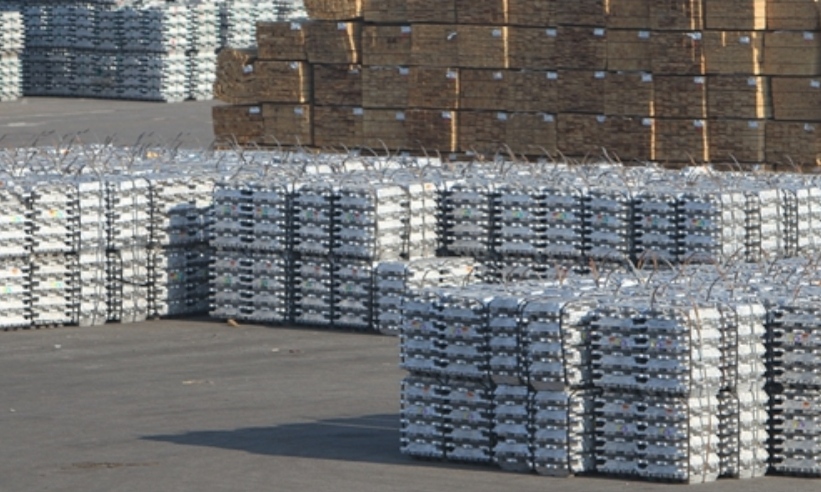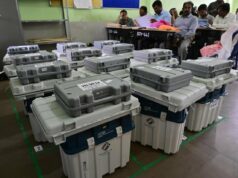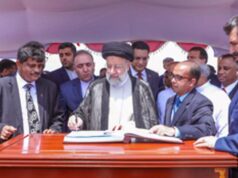Indonesia’s planned export curbs on nonferrous metals has Chinese Industry Quite Worried

Indonesian President Joko Widodo said on Wednesday that the country may stop tin exports in 2024 as part of an effort to attract investment into the resource processing industry, and improve Indonesia’s external trade balance.
This news has China worried quite a lot as China’s nonferrous metals supply is likely to be affected by Indonesia’s reported export curbs on multiple nonferrous metals, including tin, nickel and copper, in the coming years. The latest news have raised serious concerns about potential supply woes.
However Chinese industry insiders said that Indonesia is unlikely to fully block nonferrous metals exports in the short term, considering the underdeveloped smelting and refining infrastructure in Indonesia.
China claims to have the largest tin reserves in the world with the capacity to meet 70 percent of its own needs. Even then Indonesia’s tin export restrictions will have severe impact on Chinese enterprises as China’s tin supply chain is not very effective. Also overseas supply chains were disrupted by the COVID-19 pandemic and the same has not recovered.
According to statistics provided by CNIA-TIN, China imported 3,572 tons of refined tin in first 10 months of 2021. Recently, as domestic production had not fully recovered, China’s tin imports from Indonesia increased.
Apart from Indonesia, Myanmar and the Democratic Republic of the Congo are also major exporters of tin ore to China. Myanmar’s exports of tin ore to China reached 16,365 tons in October, up 50.4 percent from September, accounting for 82.5 percent of China’s total imports of tin ore. Meanwhile, imports from Australia fell 29.7 percent month-on-month.
Indonesia’s tin export restrictions are thus likely to have a direct impact on China’s domestic tin supply. It may also have an impact on regional supply chains.
Moreover, Indonesia’s curbs on exports may also cover other nonferrous metals, including copper and aluminum, according to media reports.
Exports of nickel, a vital component for new-energy vehicle (NEV) batteries, may also be restricted by Indonesia. The majority of China’s nickel is imported, said Chen Ruirui, an insider at the Advanced Technology & Materials Co, a metal products research firm.
Global demand for nickel in NEV batteries will increase from about 107,000 tons in 2020 to 600,000 tons in 2025, according to a report from Industrial Securities in March 2021. China, one of the largest NEV producers and markets, will need more nickel to meet its rapid growth in the NEV sector.
China is heavily relied on nickel import. Its overall nickel product consumption hit 1.5 million tons so far in 2021, according to industry data.
But nickel production in 2021 is only expected to reach 750,000 tons, Chen said.
China’s largest nickel ore source is the Philippines, and Indonesia usually ranks fourth. But Indonesia suspended nickel ore exports in January 2020, Chen said.
“Indonesia’s nickel products are still available. Most nickel smelting facilities in Indonesia have financial backing from Chinese companies,” Chen noted.
China and Indonesia enjoy wide-ranging cooperation, especially in infrastructure, under closer ties between China and the Association of Southeast Asian Nations, as well as the Belt and Road Initiative.



